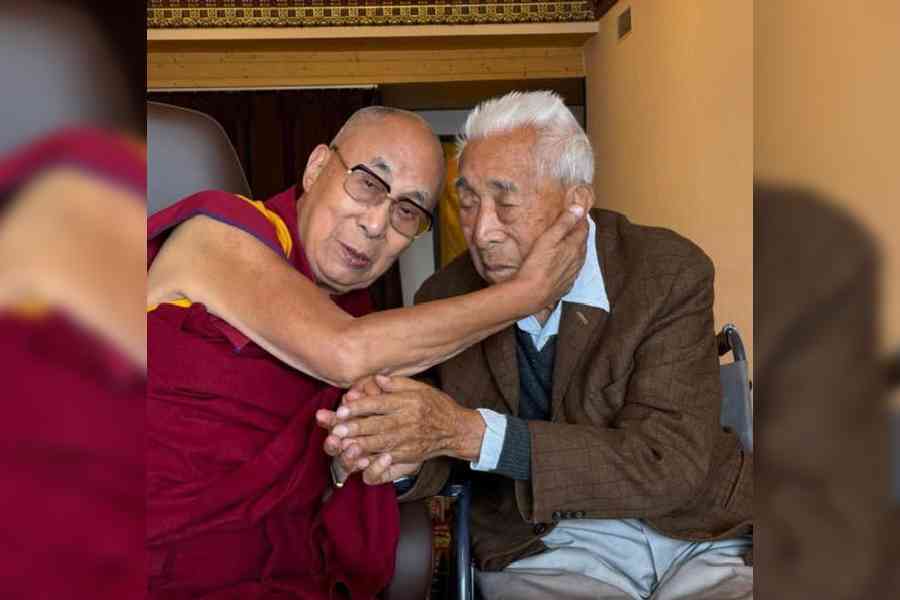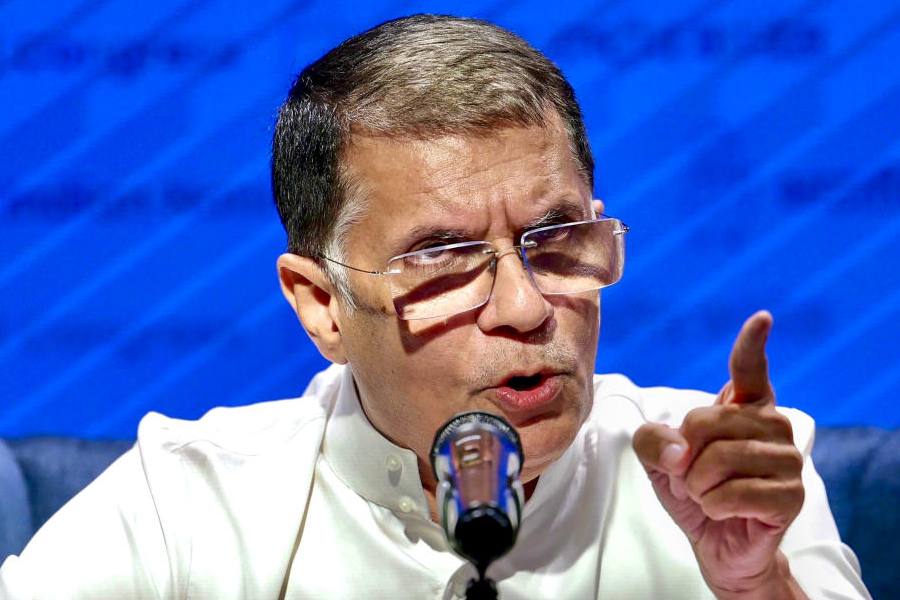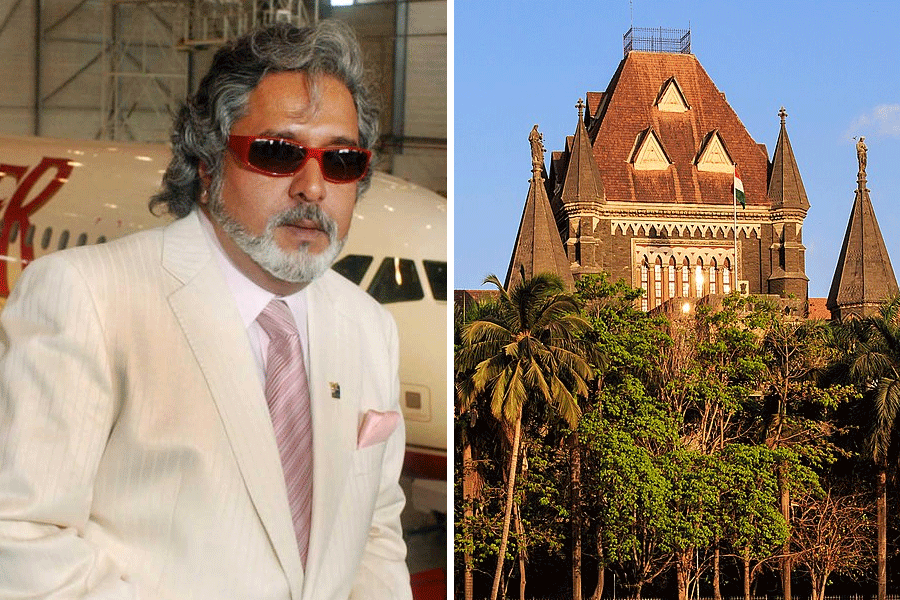Gyalo Thondup, Tibet’s most well-known interlocutor with world leaders and the elder brother of His Holiness the Dalai Lama, passed away peacefully at his Kalimpong residence on Saturday evening. He was 95.
“He was suffering from age-related health issues. He passed away peacefully. His funeral will be held on Tuesday at 7am,” said a source.
Thondup had fled Tibet in 1952 and played a key role in establishing links between the Tibetan government in exile and the wider world, acting as the Dalai Lama’s interlocutor with leaders such as Jawaharlal Nehru, Chiang Kai-shek, Zhou Enlai and Deng Xiaoping.
It was he who secured then Prime Minister Nehru’s assent to political asylum for the Dalai Lama when the younger brother fled from Tibet to India in 1959.
Thondup co-authored a book, The Noodle Maker of Kalimpong: The Untold Story of My Struggle for Tibet, with the American writer and researcher Anne F. Thurston.
In 1963, Thondup bought a three-acre plot in Kalimpong for ₹7,200 and started a noodle-making factory in 1967. He named the premises at Kalimpong’s 8th Mile as Taktser House after his village in Tibet.
Thondup, third among six siblings — the Dalai Lama, the fifth, is five years younger — has served his country and community in important ways.
On March 12, 1979, Thondup met with Chinese leader Deng Xiaoping for political discussions. Thondup also took up important roles in the Tibetan government-in-exile.
He learnt Chinese in Beijing and English during his stay in Darjeeling.
After the Chinese entered Tibet in 1951, Thondup realised they would “do no good” for his country.
"I took my mother and one of my brothers into confidence and decided to establish a link with (then Indian Prime Minister) Nehru through an Indian official, S. Sinha, in Lhasa,” he had recalled. “We did not tell His Holiness.”
He added: “The Chinese wanted me to attend a Chinese Youth Congress in Beijing and be a part of a youth delegate to Vienna, Austria. I promised Mao I would attend the conference after visiting south Tibet.”
Once in south Tibet, Thondup fled the country and entered Tawang in Arunachal Pradesh. From India — where he was based in the Darjeeling hills — he established links with world leaders.
He was also widely known for his role in facilitating US support for the Tibetan resistance movement.










